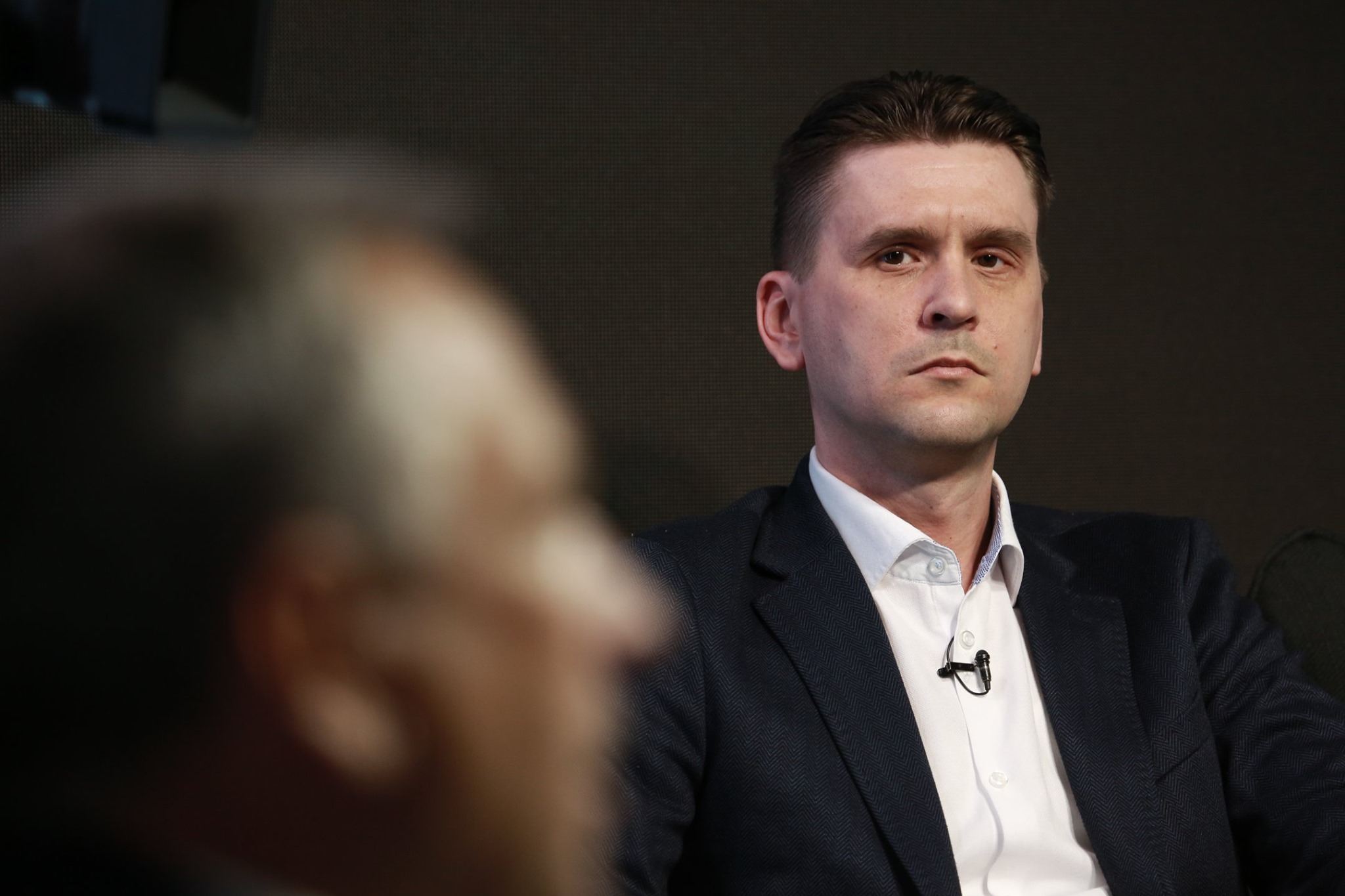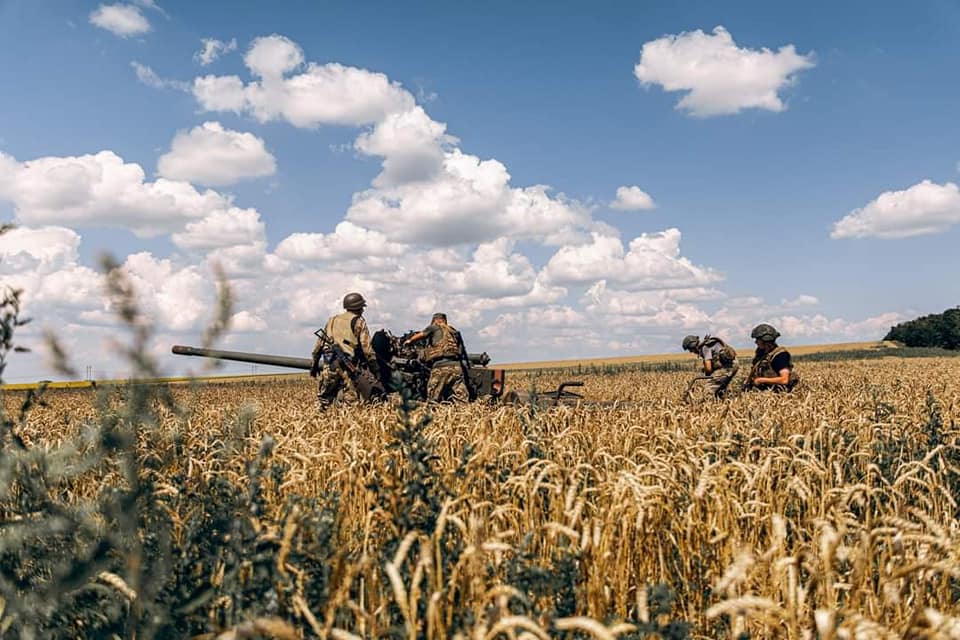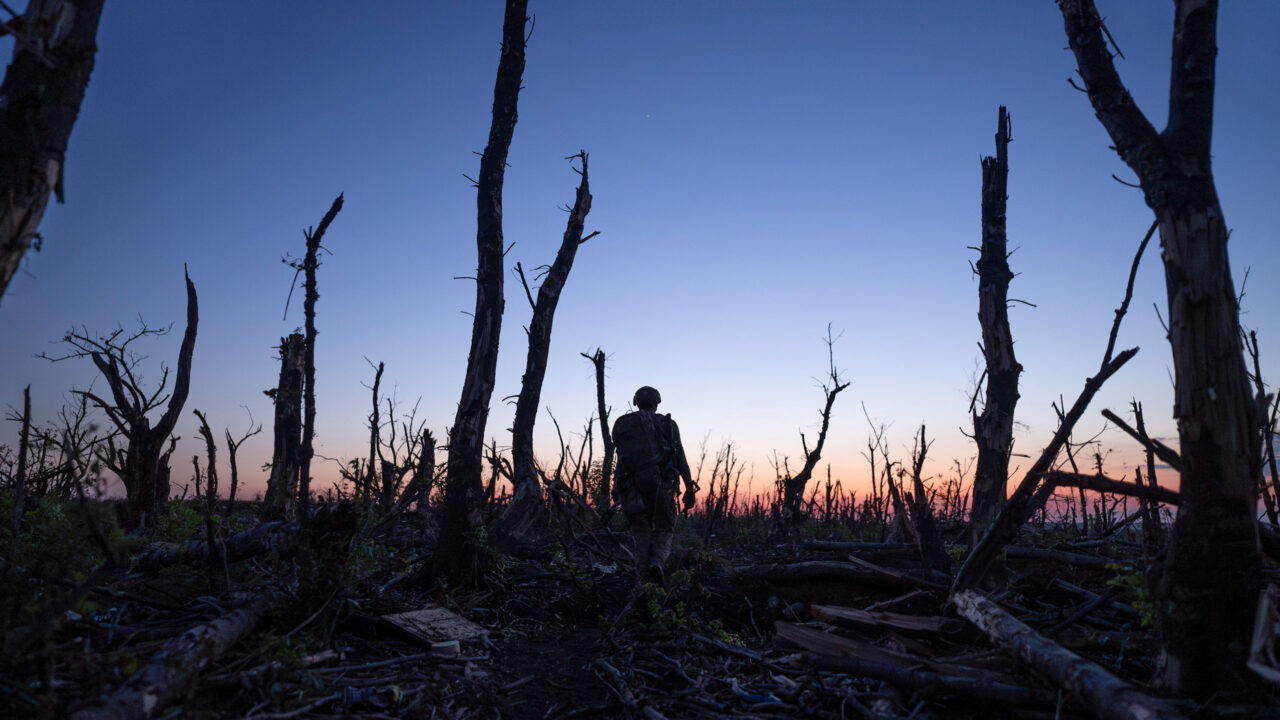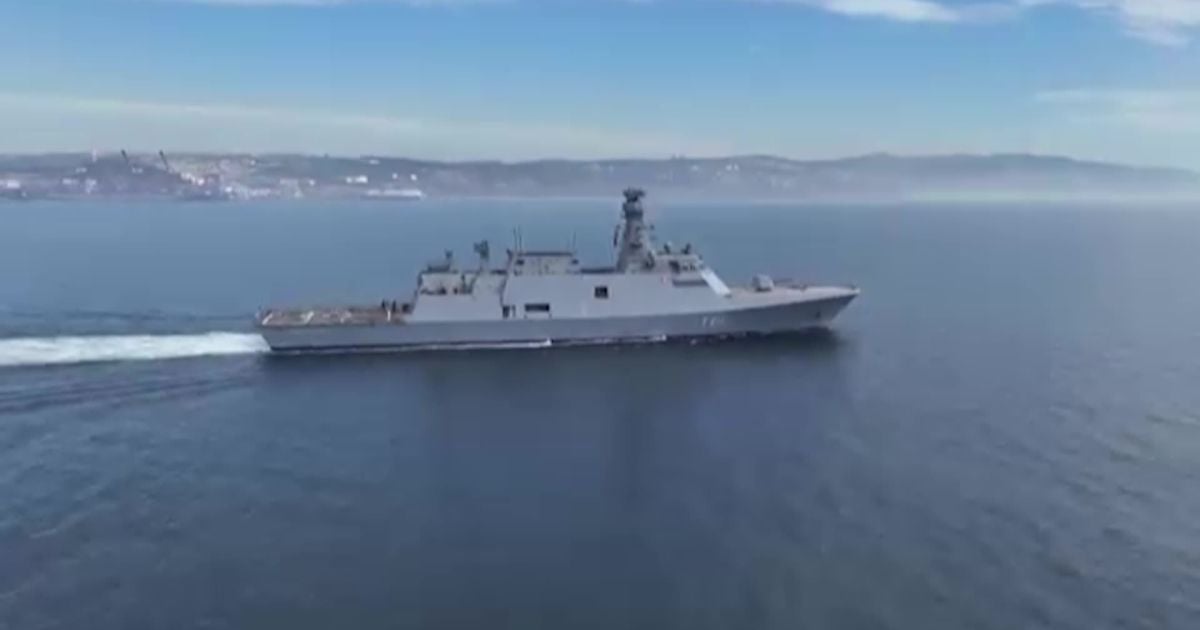Military-political analyst from the "Information Resistance" group, Alexander Kovalenko, in an interview with Unian, discussed whether Russia is prepared for a protracted war.
"The Russian command is attempting to engage in a protracted war, but prolonging the conflict is not in favor of the Russian military itself. They can continue recruiting people, as they have a human resource pool. However, the issue lies in their equipment. Their supply of military hardware is decreasing, and the quality of their equipment is deteriorating, which is a drawback in their strategy for a long war. Perhaps they have enough human resources, but it means little without the support of the technical and technological components.
These components are currently diminishing in terms of capability and, most importantly, in terms of quality. We can already see examples such as the D-1 howitzers from 1943 and the D-44 from 1944, as well as tanks like the T-54 and T-55, among others. We see how they try to compensate for the lack of firepower by mounting naval strike systems on the MTLB (Soviet multipurpose wheeled vehicle): either rocket artillery or naval-type multiple launch rocket systems. All of this indicates that they are lacking the technical component, and without it, they cannot sustain the war. Therefore, a protracted war is not in their favor. However, they have chosen this tactic. It's a paradox, but they are essentially self-destructive. They are choosing a strategy that will ultimately lead to their downfall.
The Russian military-industrial complex is incapable of producing the necessary quantity of technical solutions to meet the front's demands. This situation is reminiscent of Nazi Germany towards the end of its existence, specifically in the late 1944 and early 1945 period.
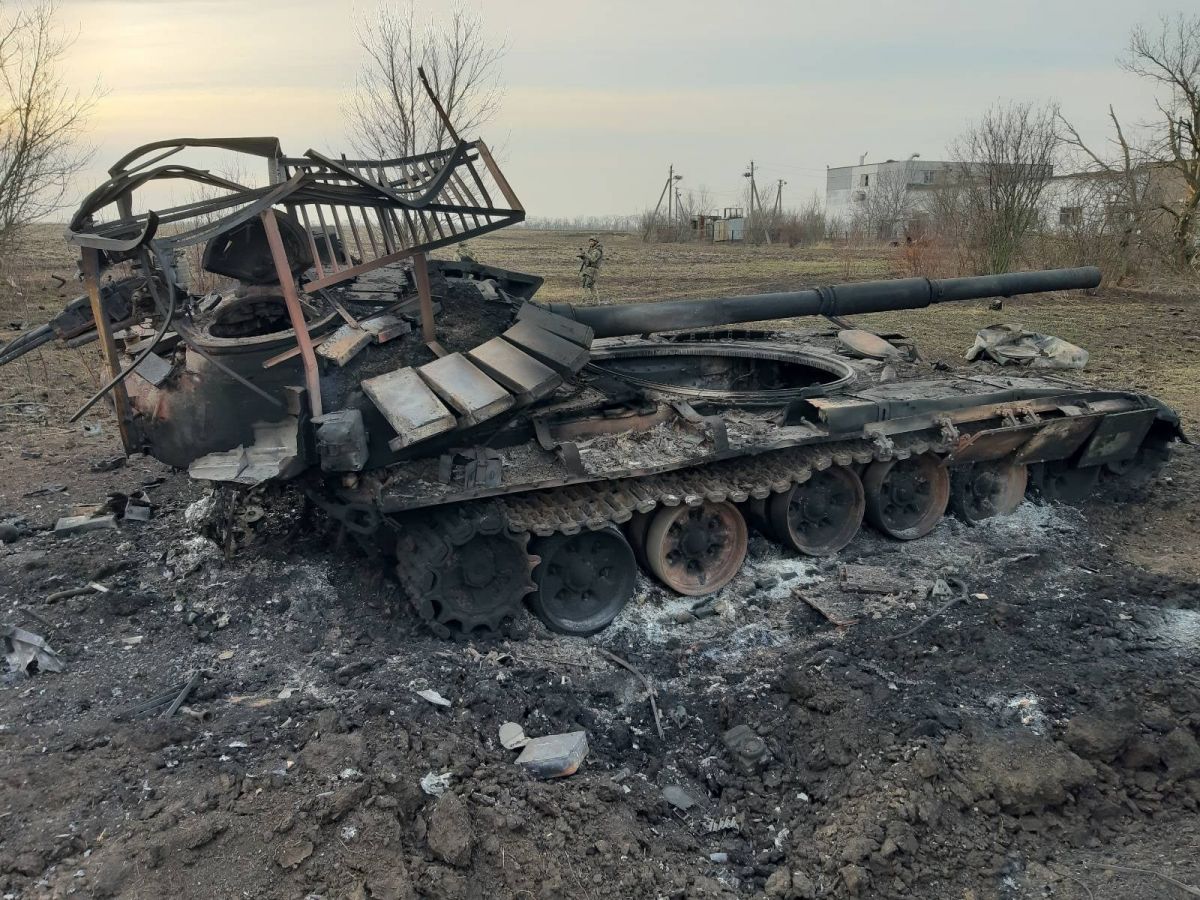
Iran has been assisting them since the second half of 2022, initially with Shakheds and now with ammunition. Has it helped? No. North Korea is also not going to help them with what they really need - the required quantity. They may provide a situational solution, but not a global one. I'm not sure if North Korea will go along with it. Perhaps, but I'm not confident it will achieve the desired effect. Additionally, there's the issue of logistics - it's a 10,000-kilometer distance. What can be transported over such a distance? How much ammunition can they bring? How much time will it take? What problem will this solve?
Currently, they are firing 15,000 rounds per day. What will be solved if they receive 5-7 thousand more rounds? Even that won't be enough for a single day. And this is a convoy that will take about two weeks to arrive. Therefore, it does not represent a critical advantage."









